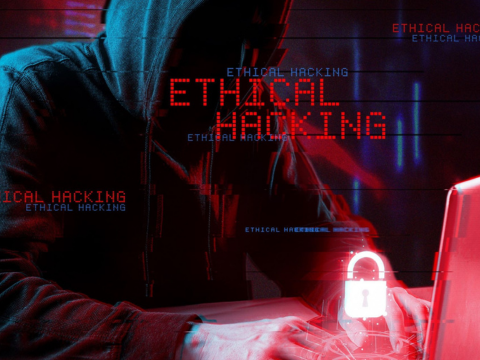Introduction
In today’s digital era, cybersecurity is no longer just a concern for IT professionals—it’s a critical business issue. Cyber threats like data breaches, ransomware, and phishing attacks can cost companies millions, damage reputations, and even lead to legal troubles. As future business leaders, MBA students must understand the importance of cybersecurity, and ethical hacking is a key component in safeguarding digital assets.
What is Ethical Hacking?
Ethical hacking involves legally testing an organization’s security systems to identify vulnerabilities before cybercriminals can exploit them. Ethical hackers, also known as white-hat hackers, use the same techniques as malicious hackers but work with permission to strengthen security measures.
Why MBAs Should Care About Ethical Hacking
- Cybersecurity is a Business Priority
- Businesses today store vast amounts of sensitive customer and corporate data online.
- A single data breach can lead to financial losses, regulatory fines, and reputational damage.
- Understanding cybersecurity helps MBAs develop risk management strategies.
- Cyber Threats Affect Every Industry
- Whether in finance, healthcare, retail, or technology, cyber threats are universal.
- Businesses that handle financial transactions, customer records, or intellectual property are primary targets.
- Regulatory Compliance & Legal Issues
- Laws such as GDPR (General Data Protection Regulation) and CCPA (California Consumer Privacy Act) require businesses to protect customer data.
- MBA graduates in leadership roles must ensure compliance to avoid hefty fines and legal consequences.
- Competitive Advantage
- Companies that prioritize cybersecurity earn greater trust from customers and stakeholders.
- Ethical hacking knowledge helps MBAs create business strategies that integrate robust security measures.
Key Cybersecurity Skills for Business Leaders
- Understanding Cybersecurity Risks
- Recognizing threats like phishing, malware, insider threats, and social engineering.
- Data Protection & Privacy Compliance
- Ensuring that customer and company data is stored and processed securely.
- Incident Response & Crisis Management
- Developing action plans for data breaches and cybersecurity incidents.
- Risk Management & Ethical Decision-Making
- Assessing security risks in business models and implementing ethical strategies.
- Collaboration with IT & Security Teams
- Communicating effectively with technical teams to implement cybersecurity policies.
Real-World Case Studies
- Yahoo Data Breach (2013-2014): The company suffered one of the largest cyberattacks in history, exposing 3 billion accounts and reducing its acquisition price by $350 million.
- Equifax Breach (2017): A cyberattack exposed the personal data of 147 million consumers, leading to a $700 million settlement.
- Target Data Breach (2013): Hackers stole 40 million credit card details due to weak vendor security, costing Target over $162 million.
How MBAs Can Learn Ethical Hacking & Cybersecurity
- Take Cybersecurity Courses
- Platforms like Coursera, Udemy, and edX offer cybersecurity courses tailored for business professionals.
- Earn Cybersecurity Certifications
- Certifications like Certified Ethical Hacker (CEH) and CISSP provide fundamental knowledge.
- Attend Cybersecurity Conferences & Workshops
- Events like Black Hat and DEF CON offer insights into the latest security threats.
- Collaborate with IT Departments
- Business leaders should work closely with security teams to create proactive cybersecurity strategies.
Conclusion
Ethical hacking is no longer just an IT function—it’s a crucial part of business strategy. MBA students who understand cybersecurity can make informed decisions that protect their organizations from digital threats. As cyber risks grow, business leaders with cybersecurity expertise will have a competitive edge in safeguarding company assets and maintaining consumer trust.

